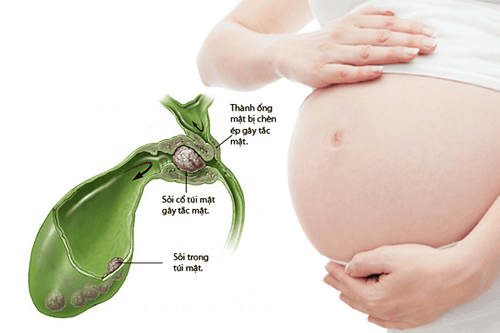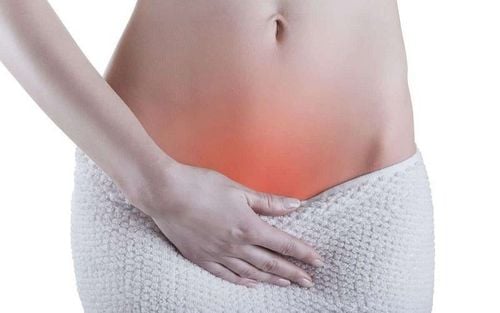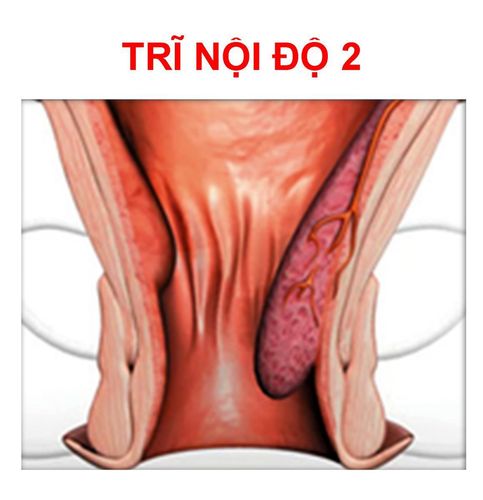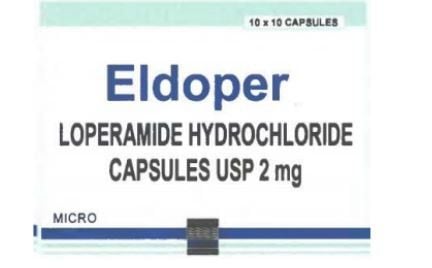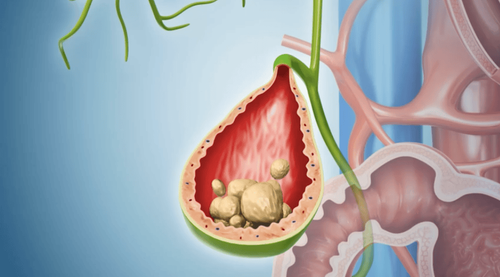Post-hemorrhoidectomy care is a very important stage that determines the healing and recovery of the patient. Some patients often experience difficulty in passing stool after hemorrhoid surgery. So, can one go to the bathroom after hemorrhoidectomy? Let's explore this in the article below.
1. What is hemorrhoidectomy?
Hemorrhoids are a condition related to the vascular system around the anus, including small arteries, veins, connections of veins to smooth muscles, and connective tissues lined by normal epithelium.
Hemorrhoids usually appear as a result of straining during bowel movements, continuous blood congestion due to prolonged sitting, and these causes lead to a common result of the veins swelling and forming hemorrhoids inside the anus. In elderly patients, as the connective tissues supporting the area weaken, hemorrhoids gradually prolapse from the anus, a condition known as internal prolapsed hemorrhoids. For hemorrhoids at stages 3 and 4 (when the hemorrhoids prolapse outside the anus), hemorrhoidectomy is indicated.
Hemorrhoidectomy is a surgical procedure aimed at removing hemorrhoids. Hemorrhoidectomy is usually performed using several methods such as:
- Sclerotherapy: Injecting alcohol or a sclerosing agent into the hemorrhoids, causing them to shrink or gradually shrink over time. This method is commonly used because it causes fewer complications and is less painful than completely removing the hemorrhoids.
- Rubber band ligation: The hemorrhoid is tied at its base with a rubber band, and after a period of time, it will shrink and fall off. The downside of this method is that it needs to be performed multiple times, and patients may experience pain. This method is only suitable for small hemorrhoids.
- PPH (Procedure for Prolapse and Hemorrhoids): The PPH method uses a PPH stapling device inserted into the rectal mucosa to cut off the hemorrhoids. This modern method takes 20 to 30 minutes and rarely leads to hemorrhoid recurrence after treatment.
- Longo procedure: This method uses a stapling device to automatically cut and pull the hemorrhoids together. It then stitches the veins that supply blood to the hemorrhoid. Afterward, the hemorrhoid will gradually shrink and fall off. The Longo method is only applied to hemorrhoids at stages 3 and 4.
2. Common complications after hemorrhoidectomy
Complications after surgery are inevitable, and hemorrhoidectomy is no exception. However, with good post-operative care, complications may be minimized or even prevented.
2.1. Bleeding after hemorrhoidectomy
Typically, if the hemorrhoidectomy does not adequately control bleeding, it can lead to excessive blood loss during the recovery phase. Of course, if this situation is not improving, the patient must inform the doctor immediately to intervene surgically to stop the bleeding.
2.2. Anal infection
Proper hygiene after each bowel movement is very important. Therefore, patients need to pay attention to this aspect or follow a good post-hemorrhoidectomy care routine to avoid swelling, inflammation, and pus formation in the anal area.
2.3. Difficulty in passing stool after hemorrhoidectomy
Hemorrhoidectomy is an intervention in the anus, and when performing hemorrhoid surgery, the smooth muscle groups, including the internal and external sphincters (voluntary muscles), are affected. The external sphincter, along with the puborectal muscle group of the anal sphincter, is one of the muscle groups that help control bowel movements. After hemorrhoidectomy, the muscle groups around the anus may be impacted, leading to difficulty in controlling bowel movements or inability to pass stool. Below are some methods to address this issue.
3. What to do when you have difficulty passing stool after hemorrhoidectomy
In reality, the condition of not being able to pass stool after hemorrhoidectomy is common in many patients. However, this symptom usually subsides after a few days as the muscles around the anus recover. If constipation and difficulty passing stool persist after hemorrhoidectomy, patients can try some of the following methods.
3.1. Diet after hemorrhoidectomy
After hemorrhoidectomy, patients should only consume soft and easily digestible foods like porridge or soup during the first 4 days. After that, they can eat soft foods but should avoid acidic or spicy foods, foods with strong seasonings, or oily foods.
If the constipation persists and the patient is unable to pass stool after hemorrhoidectomy, they should increase their intake of vegetables and fruits, as well as foods with laxative properties that help with bowel movements.
It is important to drink plenty of water for better recovery. Drinking insufficient water can result in dry stools, making it harder to pass them.
3.2. Appropriate hygiene and bowel movement practices
Patients should avoid having frequent bowel movements in a day and should not strain or sit for long periods in the toilet. This can cause harm to the surgical site after hemorrhoidectomy. It is advisable to consult a doctor about using enema or taking laxative medications. Additionally, patients should avoid riding motorcycles for 2 weeks to prevent bleeding from the surgical wound.
Difficulty in passing stool after hemorrhoidectomy is a relatively common complication following surgery. Therefore, patients should follow a reasonable diet and proper post-operative care to minimize this issue.
To arrange an appointment, please call HOTLINE or make your reservation directly HERE. You may also download the MyVinmec app to schedule appointments faster and manage your reservations more conveniently.




